I am developing a Quarkus service-based application for which I am adding open API based annotations such as @ExampleObject. For this, I would like to add the resources file contents as an example that can appear in the SwaggerUI.
I am getting the following error when I add the reference to the files from the resources folder:
Errors
Resolver error at paths./api/generateTestData.post.requestBody.content.application/json.examples.Example1 Schema.$ref
Could not resolve reference: Could not resolve pointer: /Example1.json does not exist in document
Resolver error at paths./api/generateTestData.post.requestBody.content.application/json.examples.Example2 Schema.$ref
Could not resolve reference: Could not resolve pointer: /Example2.json does not exist in document
Following is my Quarkus based Java code:
@RequestBody(description = "InputTemplate body",
content = @Content(schema = @Schema(implementation = InputTemplate.class), examples = {
@ExampleObject(name = "Example-1",
description = "Example-1 for InputTemplate.",
ref = "#/resources/Example1.json"), externalValue = "#/resources/Example2.json"
@ExampleObject(name = "Example-2",
description = "Example-2 for InputTemplate.",
ref = "#/resources/Example1.json") //externalValue = "#/resources/Example1.json"
}))
Note:
I am able to add the String as value but the content for these examples is very large so I would like to read from the files only so trying this approach.
Is there any way I can access the resources file and add it as a ref within my @ExampleObject




